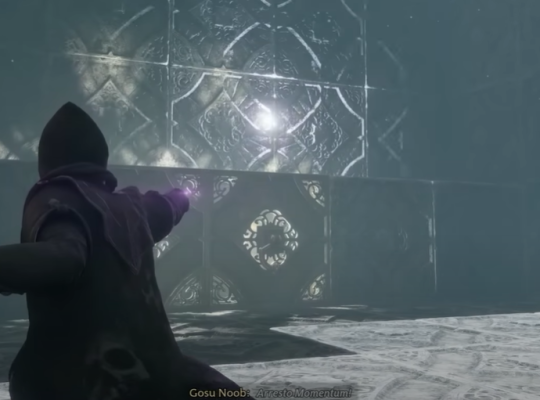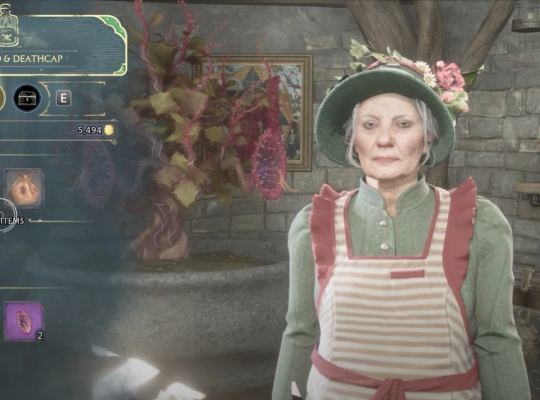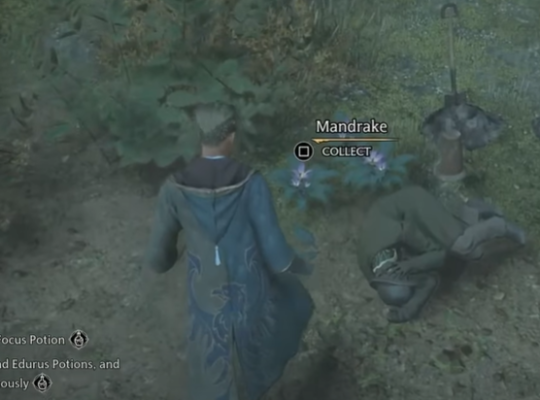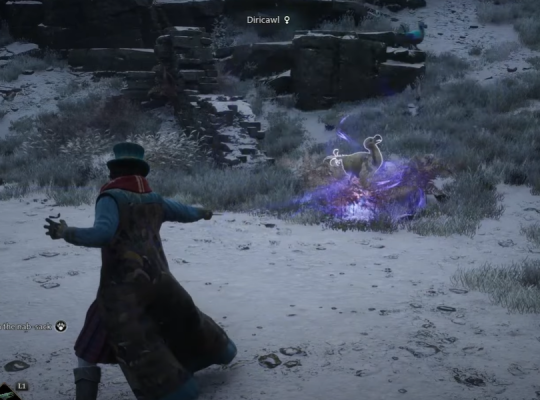Gaming has taken significant strides in addressing social issues and fostering inclusivity. A notable example is the introduction of Sirona Ryan in Hogwarts Legacy, the first transgender character in the Wizarding World of Harry Potter.
This will delve into Ryan, her representation, background, controversies, developer intentions, and the impact on the transgender community.
Sirona Ryan: Transgender Representation
Sirona Ryan, a fictional character who belonged to the Ravenclaw house, embodies more than just a mere addition to Hogwarts Legacy. Her character introduces a new era of diversity and representation in a beloved universe.
As the tavern’s barkeeper witch with a unique backstory, Sirona represents a significant step forward in embracing LGBTQ+ representation, providing a platform for players to connect with a character who shares their experiences.

Including Sirona Ryan in the game has profound implications for the gaming industry and transgender representation. By introducing a transgender character in a top-rated franchise like Harry Potter, game developers acknowledge the importance of reflecting real-world diversity in their narratives.
Sirona’s presence becomes a symbol of progress, signaling a more inclusive future for gaming where players from all walks of life can feel seen and validated.
Positive and Negative Responses from the LGBTQ+ Community
Sirona Ryan’s introduction was met with positive enthusiasm and critical scrutiny from the LGBTQ+ community. Many community members celebrate acknowledging transgender identities in gaming, heralding it as a significant milestone.
Conversely, others express concerns about the execution of her representation, sparking dialogues about authenticity, sensitivity, and the broader responsibilities of introducing diverse characters.

The Controversies Surrounding Sirona Ryan
One of the most notable controversies surrounding Sirona Ryan revolves around her name and its symbolism. Critics argue that the etymology and associated symbols conflict with the character’s transgender identity.
This controversy raises essential questions about the thoughtfulness and intention behind the character’s creation and how it resonates with the transgender community.
Etymology and Symbolism of the Name "Sirona Ryan”
The character’s choice of “Sirona” prompts an exploration of its historical and symbolic connotations. As a Celtic goddess of healing, the name carries nuanced meanings that may align with or contradict the character’s portrayal.
Analyzing the symbolism underscores the intricate interplay between the creators’ intentions and the audience’s interpretations. Critics’ concerns extend beyond mere symbolism and delve into the broader implications of naming and gender representation.
Despite the Celtic goddess’ name having different variants such as “Dirona” or “Thirona”, the developers chose the name “Sirona”, which included the word “Sir”. Another point is that her last name “Ryan” could be considered a masculine name.

The juxtaposition of traditionally feminine and masculine symbols and the character’s name raises questions about the developers’ awareness and sensitivity.
This discussion emphasizes the necessity of open dialogues about transgender representation to create a meaningful and authentic impact.
Developers' Claims of Inclusivity and Representation
Developers of Hogwarts Legacy have articulated their commitment to inclusivity and representation, stating their desire to create a game that reflects the rich diversity of the Harry Potter world and its players.
Their intentions align with broader industry trends toward more authentic and varied narratives that resonate with a wider audience.

While intentions may be noble, execution is paramount in creating meaningful representation. Assessing the execution of Sirona Ryan’s character involves analyzing the depth of her portrayal, her role within the narrative, and whether her identity goes beyond a surface-level label.
The extent to which players can connect with her story plays a vital role in determining the impact of her inclusion.
Backlash and Reactions
Trans gamers’ [1] reactions to Sirona Ryan’s inclusion have ranged from appreciation to skepticism. Some feel that her inclusion is forced and lacks genuine authenticity, leading to concerns of tokenism and opportunism, especially since there were past issues on transgender inclusion with the Harry Potter world creator herself, JK Rowling.
Critics who analyze Sirona Ryan’s name and gender representation critique both the subtleties and broader implications of her character.
While some concerns may seem granular, they shed light on the heightened scrutiny faced by characters representing marginalized identities. Such analysis contributes to a richer understanding of the potential impact of representation on players.
The Limitations of Representation

Critics and players have discussed subconscious biases that may underlie some criticisms of Sirona Ryan’s representation.
These biases, often unintentional, can inadvertently perpetuate harmful stereotypes or undermine the authenticity of transgender experiences. Recognizing these concerns fosters a more reflective approach to evaluating representation.

Examining the subconsciously transphobic perspectives within criticism requires introspection and open dialogue. Some critiques may inadvertently contribute to harmful narratives or invalidate transgender identities.
By addressing these subconscious biases, the gaming community can progress toward more inclusive, empathetic discussions around representation.
Also Read: How to Beat Ranrok Dragon in Hogwarts Legacy
Conclusion
The discourse surrounding Sirona Ryan’s inclusion in Hogwarts Legacy epitomizes the multifaceted nature of representation in gaming. It underscores the complexities of creating authentic characters that resonate with diverse audiences while navigating the potential pitfalls of misinterpretation and backlash.
As the gaming industry grapples with the responsibility of representation, Sirona Ryan’s legacy serves as a reminder of the ongoing journey toward inclusivity and understanding.







